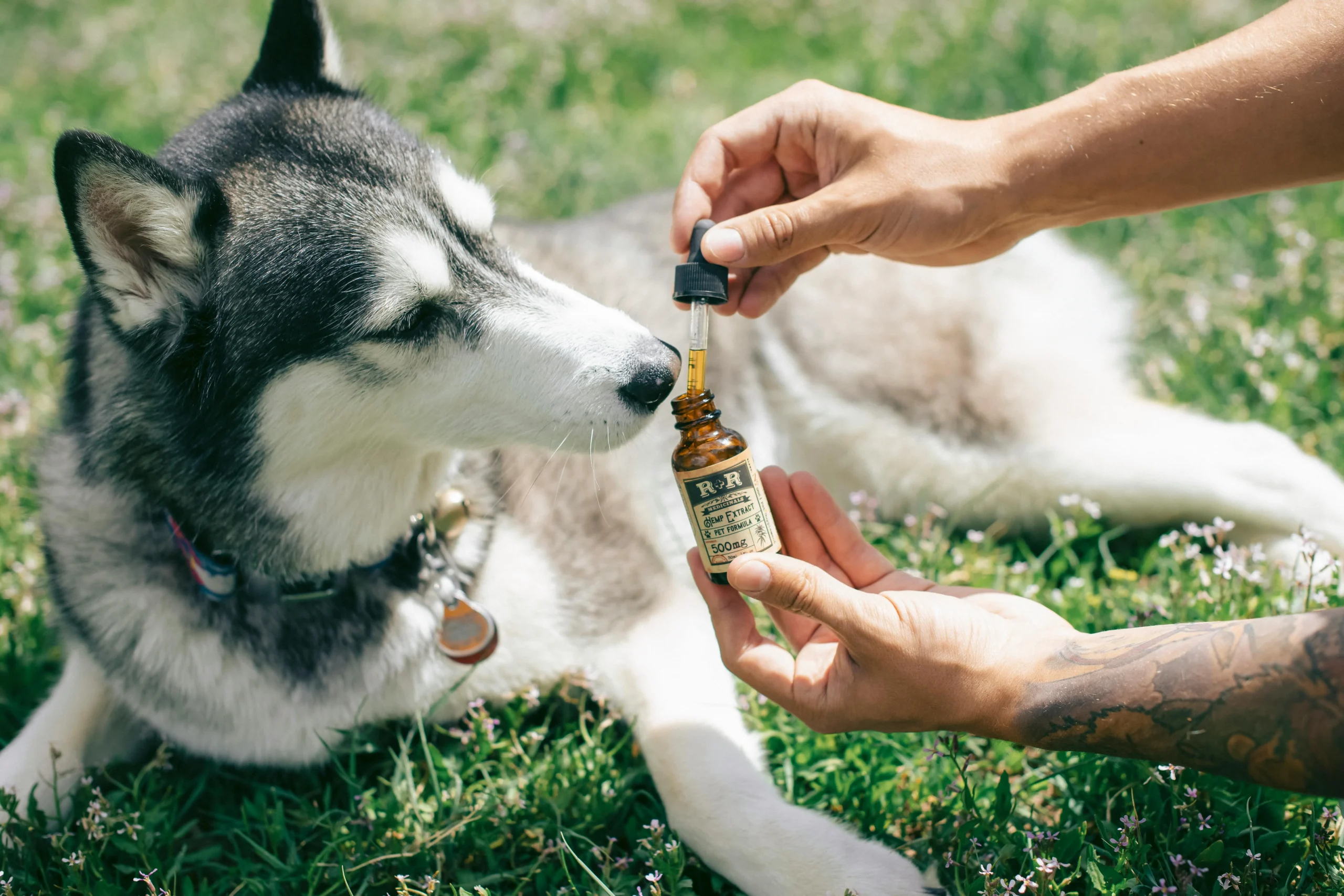Can Dogs Take Human Medication? Why the Answer is Always No (Except with Veterinary Guidance)
Our dogs are cherished members of the family, and when they’re unwell, we naturally want to help them feel better. However, reaching for our own medicine cabinet is a big no-no. While some human medications might seem harmless, dogs should never be given human medication unless specifically prescribed by a veterinarian.
This comprehensive guide dives into the dangers of giving human medication to dogs and explores safe alternatives. We’ll also discuss what to do if your dog accidentally ingests human medication.

Why Human Medication is Dangerous for Dogs
Even medications considered safe for humans can be highly toxic for dogs. Here’s why:
- Dosage Differences: The appropriate dosage for a medication is crucial for effectiveness and safety. Human medications are dosed for human bodies, which are vastly different from a dog’s physiology. Even a seemingly small amount of human medication can be a lethal dose for a dog.
- Metabolism Variation: Dogs metabolize medications differently than humans. What might be safely processed by our bodies can be toxic for a dog’s liver or kidneys.
- Underlying Conditions: Your dog might have an underlying medical condition you’re unaware of. Human medication could interact negatively with this condition, causing serious health problems.
Common Human Medications Toxic to Dogs
While the list is extensive, here are some common human medications particularly dangerous for dogs:
- Pain relievers: Over-the-counter pain relievers like ibuprofen, acetaminophen, and naproxen can cause severe stomach ulcers, kidney failure, and even liver damage in dogs.
- Antidepressants: These medications can cause tremors, seizures, and even coma in dogs.
- ADHD medications: Adderall and Ritalin can be highly toxic to dogs, causing hyperthermia, heart problems, and seizures.
- Cold and allergy medications: These medications can cause stomach upset, tremors, and difficulty breathing in dogs.
Safe Alternatives for Dog Health Concerns
If you suspect your dog is unwell, consult your veterinarian. They can diagnose the issue and prescribe the appropriate medication specifically formulated for canine needs. Here are some examples:
- Pain Relief: Veterinarians have access to safe and effective pain medications formulated for dogs.
- Anxiety or Depression: Veterinarians can prescribe medications specifically designed to address anxiety or depression in dogs.
- Allergies: Veterinary allergy medications can help manage your dog’s allergies without the risks associated with human medication.
What to Do If Your Dog Ingests Human Medication
If you suspect your dog has ingested human medication, act immediately. Here’s what to do:
- Identify the Medication: If possible, try to identify the medication your dog ingested. Note the name, dosage, and any other information on the bottle.
- Contact Your Veterinarian or Animal Poison Control: Do not wait for symptoms to appear. Call your veterinarian immediately or contact the Animal Poison Control Center at (888) 426-4435. They will provide specific guidance based on the medication ingested and your dog’s condition.
- Do Not Induce Vomiting (Unless Instructed): Inducing vomiting is not always recommended and can be dangerous in some cases. Let a veterinary professional advise on the best course of action.
Remember: Time is critical! The sooner you seek veterinary help, the better the chances of a full recovery for your dog.
Keeping Your Dog Safe
Here are some tips to prevent accidental ingestion of human medication by your dog:
- Secure Your Medication: Always store human medication in a safe place out of reach of your dog. This includes cabinets with childproof locks and high shelves.
- Dispose of Medication Properly: Don’t throw leftover or expired medication in the trash. Many medications can be harmful to wildlife if ingested. Ask your pharmacist about safe disposal methods.
- Educate Family and Guests: Inform family members and guests about the dangers of giving human medication to dogs.
Conclusion
When it comes to your dog’s health, it’s always best to err on the side of caution. Resist the urge to give your dog human medication, and consult your veterinarian for any health concerns. By understanding the dangers of human medication and following these tips, you can help keep your furry friend safe and healthy.
For more info https://petsynse.com/